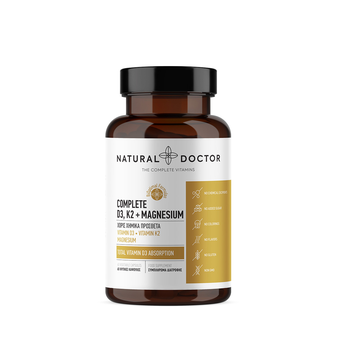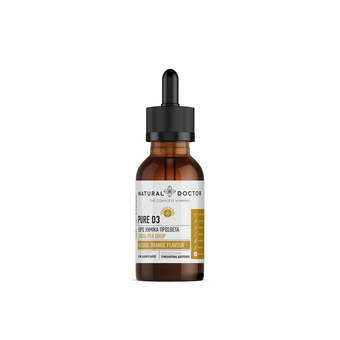Menopause & reduced mental clarity

Menopause is a change in a woman's reproductive system and a neurological one. Some of the most common symptoms women experience during menopause stem from the brain, such as problems with concentration and memory, confusion and reduced mental clarity.
These symptoms are often called "brain fog" and occur in everyday activities. Often menopausal women have difficulty remembering common words in a conversation, have trouble concentrating or forget where they put their keys.
While these symptoms are alarming, there is also the concern that these changes may be permanent or an early sign of dementia. But the cognitive changes that occur when a woman goes through menopause are usually temporary.
Loss of estrogen affects the brain.
Menopause usually occurs between the ages of 45 and 55 and marks when the ovaries stop producing eggs (ovulation) and menstruation stops. Most women experience menopausal symptoms for several years before their periods stop completely.
During this time, the body's reduced estrogen level causes hot flashes, night sweats, mood disorders, sleep problems and vaginal dryness. Although often considered sex hormones, estrogens play a significant role in maintaining cognitive health.
With receptors scattered throughout the brain, estrogen affects areas involved in cognition, including the hippocampus and prefrontal cortex. According to scientists, the loss of estrogen deactivates these receptors and causes significant changes in the brain.
The loss of estrogen leads to a temporary decrease in the brain's metabolism of glucose, which cells rely on for energy. Thus, the brain uses adenosine triphosphate (ATP) as an alternative fuel source. During this transition period, women experience hot flashes, sleep disturbances, mood swings, memory loss, inability to concentrate, etc.
Menopausal hormone therapy and cognition
Menopausal hormone therapy (MHT) uses estrogen or a combination of estrogen and progestogen to restore declining hormones and relieve menopausal symptoms. According to scientists, the benefits of hormone therapy may also help preserve cognitive ability.
However, the results are still conflicting in the same research studies. For example, in a five-year study, the Women's Health Initiative (WHI) linked estrogen therapy with an increased risk of dementia.
Menopause and lifestyle changes
What lifestyle changes can relieve symptoms?
Heart health
Heart health is linked to brain health, so keeping diabetes under control and normal blood pressure at a healthy level of 120/80 mmHg or lower.
Exercise
Regular physical activity with 150 minutes of moderate-intensity aerobic exercise per week can improve sleep disorders.
Normal weight
Weight needs regular monitoring for a possible increase. A body mass index (BMI) of 18.5-25 is generally considered normal.
Balanced nutrition
Scientific research shows that a healthy diet rich in omega-3 fatty acids DHA contributes to normal brain function and plays an essential role in cognitive function during menopause. Mediterranean-DASH Intervention for Neurodegenerative Delay (MIND) diet based on plant foods and omega-3 from fatty fish helps prevent cognitive decline even after a stroke.
Smoking and alcohol in moderation
Smoking, as well as excessive alcohol consumption, should be moderated since one serving of alcoholic drinks per day for women and two for men is considered sufficient. One serving of alcohol equals approximately 350ml or a glass of beer, one glass of wine or 40ml of spirits with over 80% alcohol.
A suggestion from Natural Doctor
In addition to a balanced diet and lifestyle, nutritional supplements can support brain health before, during and after menopause.
Supplementation with vitamins and other essential nutrients, including Clear Omega 3 for normal brain and heart function, Complete D3, K2 & Magnesium for normal bone function, Pure D3 to maintain healthy vitamin D3 levels, Evening Primrose Oil for evening hot flashes and Regene+ for normal skin and hair function, will naturally support brain function and overall health.






